The Cost Of Going To Space And Why It's So Expensive
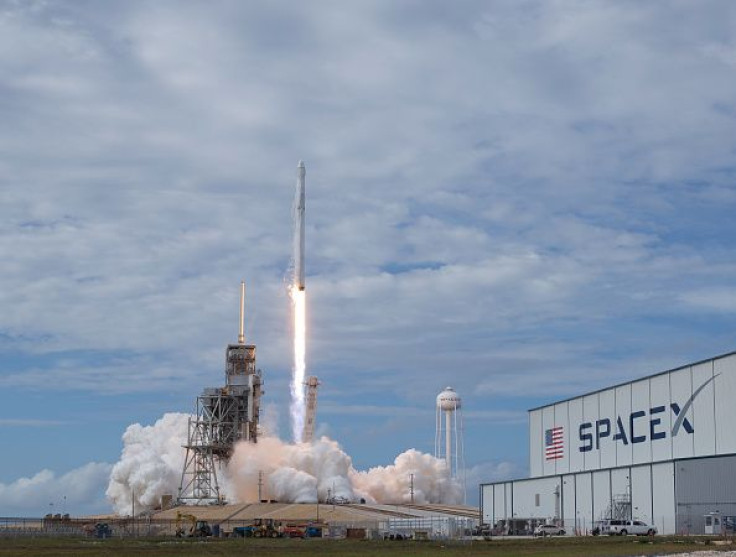
This question originally appeared on Quora. Answer by Nick Koenig.
It’s the rocket, and it isn’t. This isn’t a simple answer, so grab a drink.
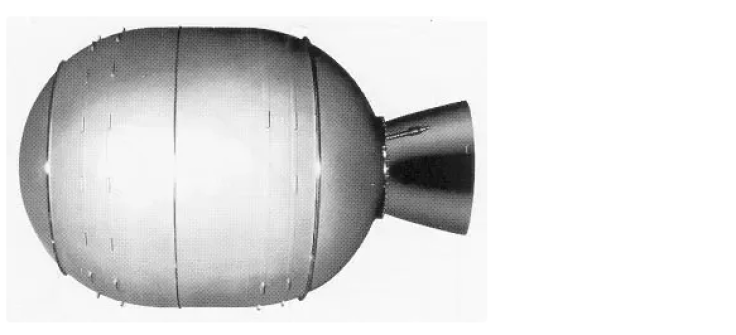
That’s a Star 48 booster. It weighs 5,700 pounds loaded and 280 pounds empty. It’s made of titanium which is around $3.5 per kilogram. So it costs $450 for the casing and APCP propellant costs roughly $2,500 per metric ton. That’s about $6160 of propellant. So why does this booster cost in the range of a few millions? Even assuming labor, that doesn’t explain such high costs.
Rockets aren’t mass produced and contrary to popular belief, they aren’t a very developed technology.
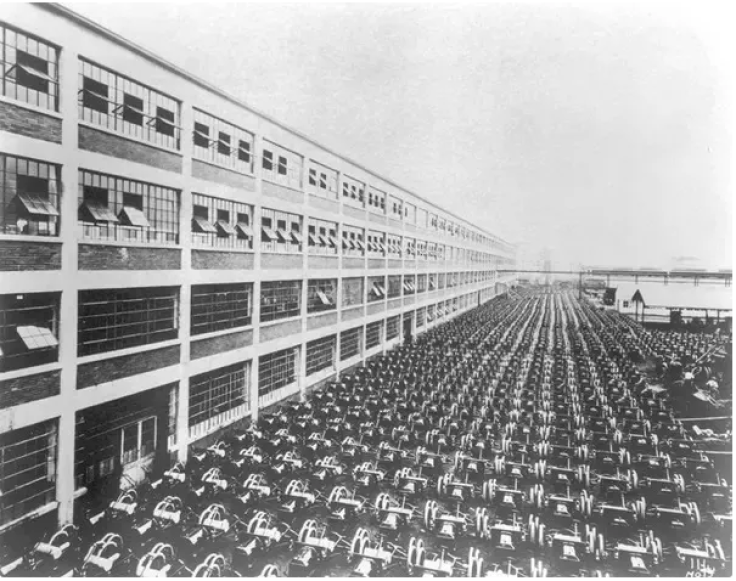
That’s over 1000 Ford Model T chassis outside a factory. Ford could produce over 10,000 units per day in 1925. In comparison, the Soyuz rocket (one of the most launched rockets of all time) hasn’t even been launched 2000 times. What if Honda only produced 10 Honda Civics per year. How much do you think it would cost?
Basic economics explains why rockets are painfully expensive, but one of the other reasons is like I said, not a very developed technology.
In the 1960s and 1970s there was significant development in rocket technology. It’s how you go from essentially a glorified V-2 missile.
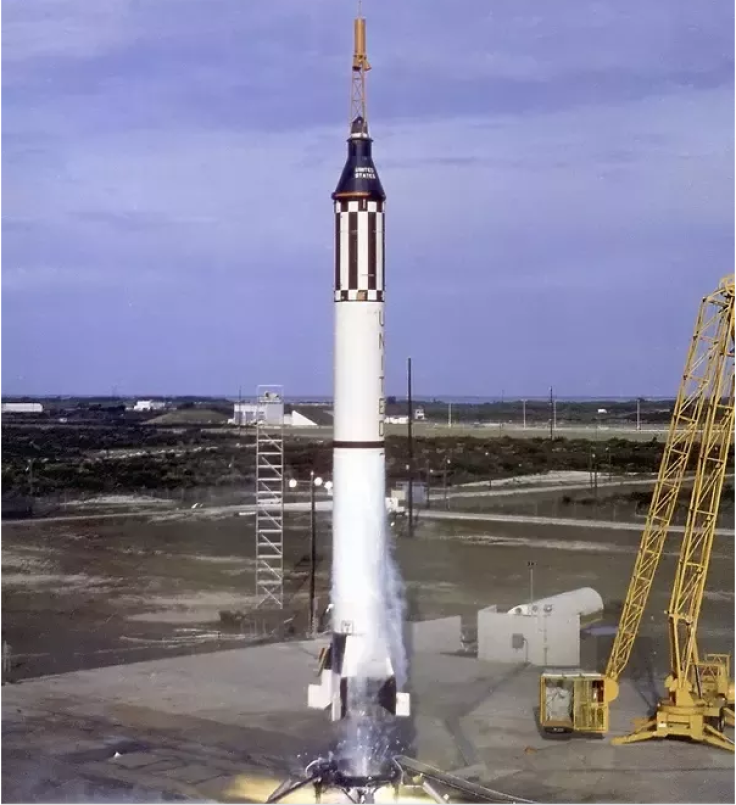
To the mighty Saturn V in less than 10 years.
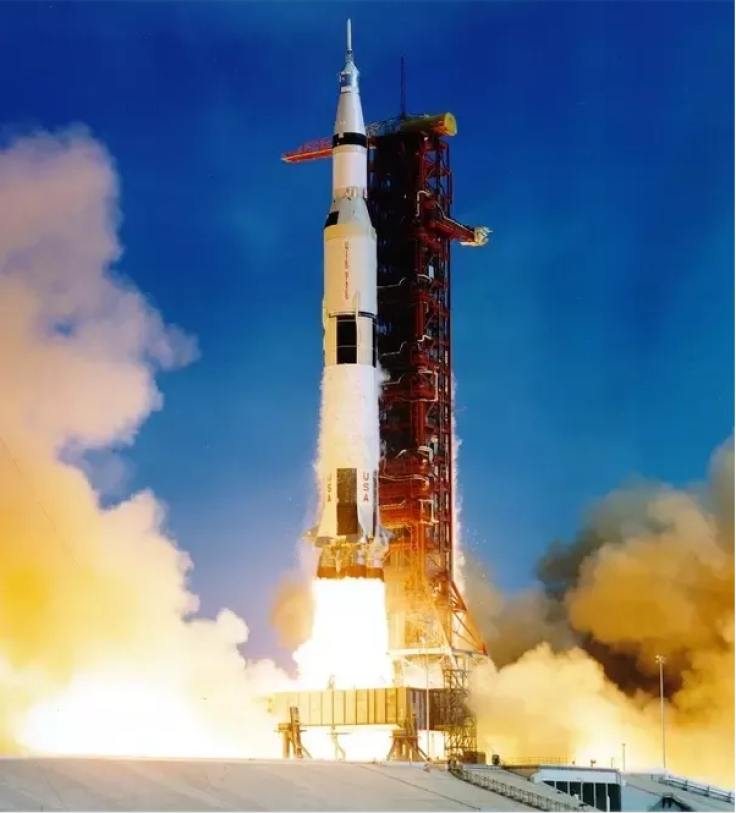
But after the 1970s, development in space technology stagnated. It continued, but not nearly as fast as it did in the 1960s. In comparison, airplanes have been under constant development for nearly 100 years.
A car has about 30,000 parts. However, most modern cars can be driven for thousands of miles without breaking. Why? Why do solid rockets still run the risk of exploding when they are little more than huge fireworks?
Because we’re more experienced with cars than with rockets
We know not to make a piston wall thinner than X thickness. We know not to ever operate an engine hotter than X degrees. We don’t have all the data for rockets. We need to build them and crash them for another few decades before we have the confidence to not test every single component 10,000 times before we launch.
It’s still more than that; it’s a complicated answer, but I hope I gave you some insight!











